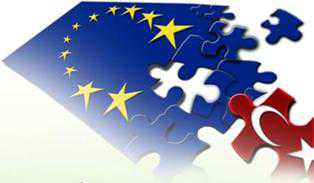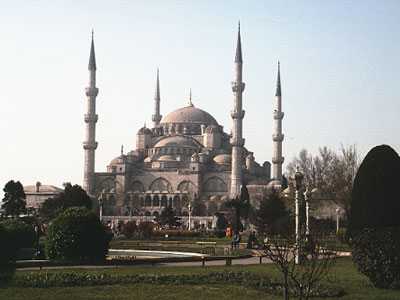
Armenia — Hayk Demoyan, director of the Armenian Genocide Museum-Institute, speaks at a news conference on September 7, 2009.
A well-known Armenian genocide scholar voiced support on Monday for official Yerevan’s and Ankara’s plans to form a joint body tasked with looking into the mass killings of Armenians in Ottoman Turkey.
The creation of such a body is a key provision of one of the two draft protocols on the normalization of Turkish-Armenian relations that were made public by the two governments last week. It is supposed to engage in an “impartial scientific examination of historical documents and archives” relating to the 1915-1918 massacres.
The idea of such a study appears to be unpopular in Armenia and its worldwide Diaspora. Many Armenians — and political opponents of President Serzh Sarkisian in particular — view it as a Turkish ploy designed to discourage more countries from recognizing the deaths of more than one million Armenians as genocide.
Hayk Demoyan, the director of the state-run Armenian Genocide Museum-Institute in Yerevan, dismissed these concerns, claiming that the Turkish-Armenian panel would only pose a threat to Turkey’s ruling establishment that vehemently denies that the massacres constituted a genocide. He said its Armenian members would gain access to Ottoman archives dating back to the First World War and thereby be able to uncover more evidence of what many international historians believe was the first genocide of the 20th century.
Speaking at a news conference, Demoyan claimed that the purpose and format of the study is different from the one proposed by Turkish Prime Minister Recep Tayyip Erdogan in a 2005 letter to then President Robert Kocharian. “Reading the document and its formulations, we can see that this is not what the Turkish side meant,” he said.
Government critics found Demoyan’s arguments unconvincing, however. Gegham Manukian, a historian affiliated with the Armenian Revolutionary Federation (Dashnaktsutyun), said they are at odds with pro-government politicians’ assurances that the genocide issue will not be the main focus of the Turkish-Armenian “sub-commission” of historians. “That means that the genocide issue will be discussed there after all,” he told RFE/RL.
Manukian also stood by Dashnaktsutyun’s and other opposition parties’ that the Turks will now find it easier to keep foreign governments and parliaments from issuing Armenian genocide resolutions.
https://www.azatutyun.am/a/1816784.html







